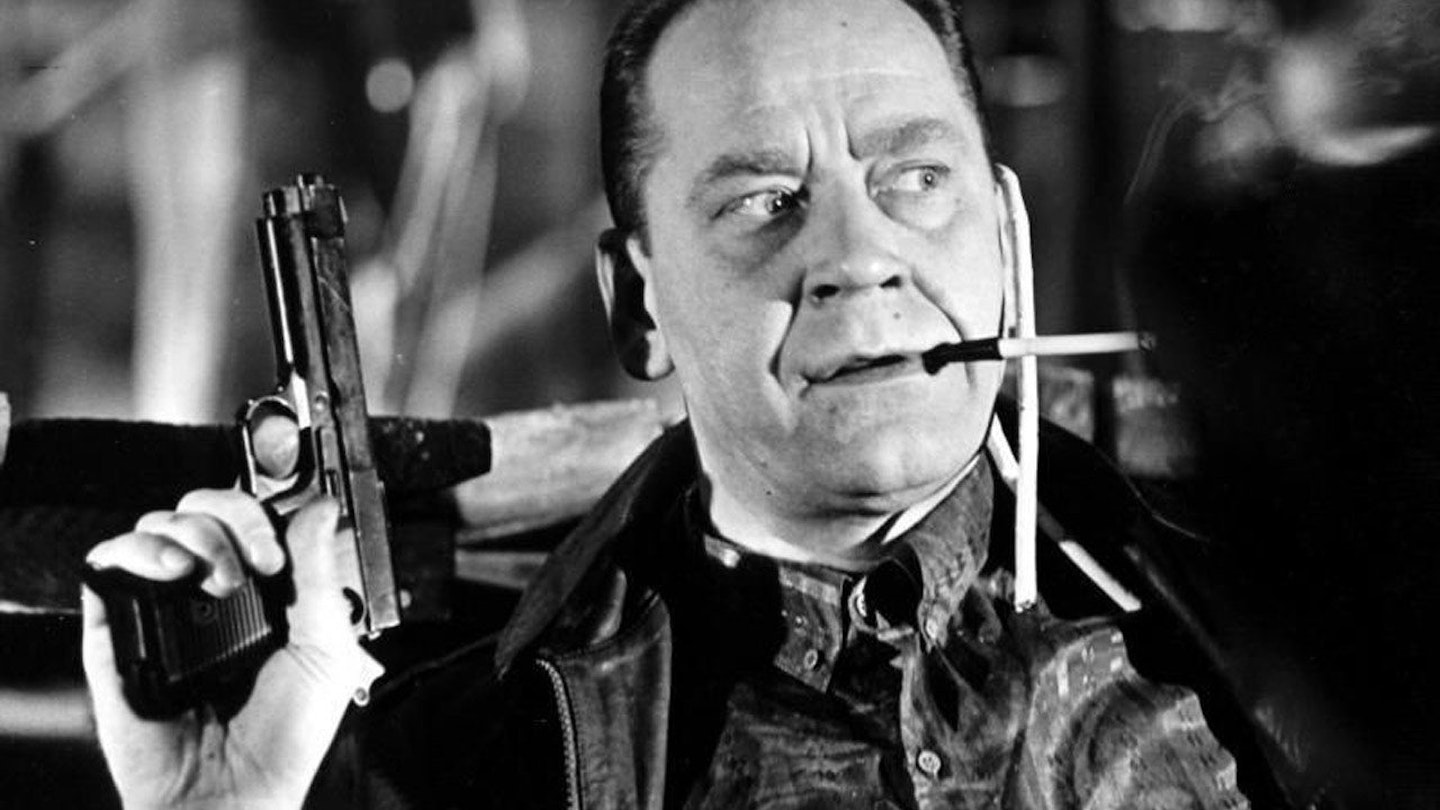Between 1900 and 1991 Estonia was able to claim only 11 years as a genuinely free state. Even now, with the rise of the Russian nationalist party, the country's future is by no means certain. In such circumstances maintaining public order would seem a tough enough job, let alone developing a decent film industry. So it is to the credit of the Estonian spirit (not to mention sheer bloody mindedness) that this movie not only stands up when compared with international competition, but actually drives much of it into the ground.
Hinged around the figure of shy power station worker Toivo (Uukivi), the film zeroes in on his attempts to first help, then hinder a gang of psychotic gangsters as they plot to steal the Estonian national treasury. The criminals need to shut down the entire electrical supply in the country's capital, and Toivo, urged on by his pregnant wife Maria (Gulbe), reluctantly agrees to do the deed before having second thoughts as the kill-count begins to rise.
Starting off in familiar film noir territory and slowly developing into an almost Cronenbergian vision of social breakdown, the film appears to run the A to Z of filmmaking techniques. Slow motion action. Outrageous close-ups. Speed-freak editing. All are brilliantly utilised as the city of darkness is plunged into an ever more nightmarish circle of death and insanity, though the move from black-and-white into colour seems a trick too far. Even then, however, the film's fine cast ensures that it never unravels completely.
